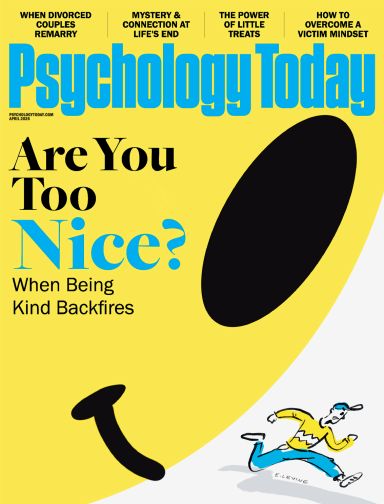Personality Disorders | Psychology Today
Personality disorders are deeply ingrained, rigid ways of thinking and behaving that result in impaired relationships with others and often cause distress for the individual who experiences them. Many mental health professionals formally recognize 10 disorders that fall into three clusters, although there is known to be much overlap between the categories. Cluster A disorders are characterized by odd or eccentric patterns of thinking, such as extreme social detachment, distrust, or unusual be...| Psychology Today



